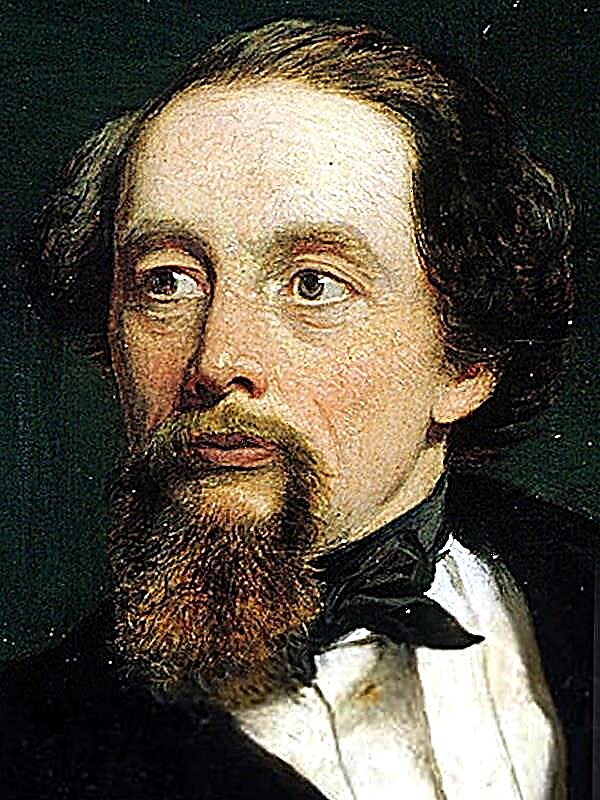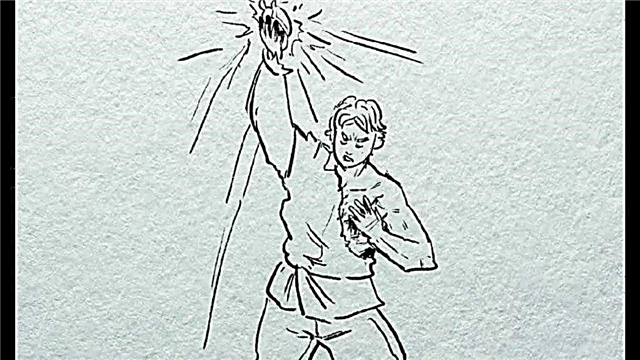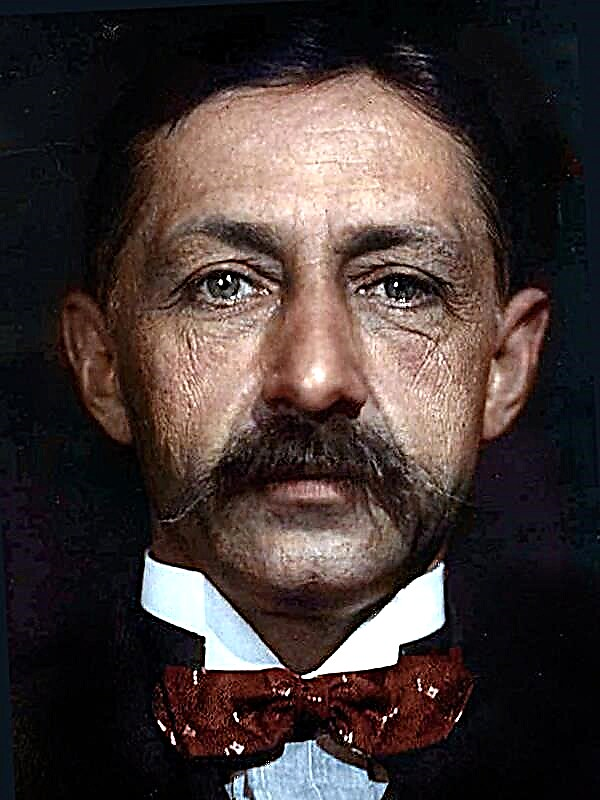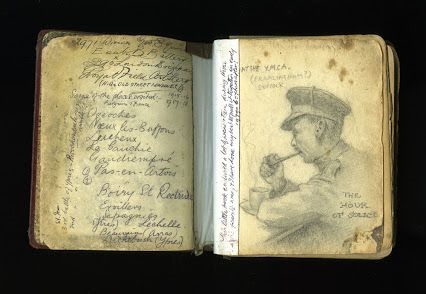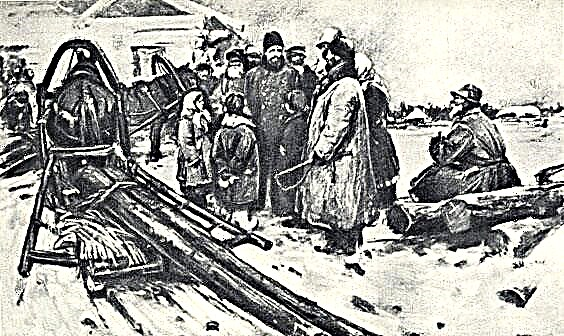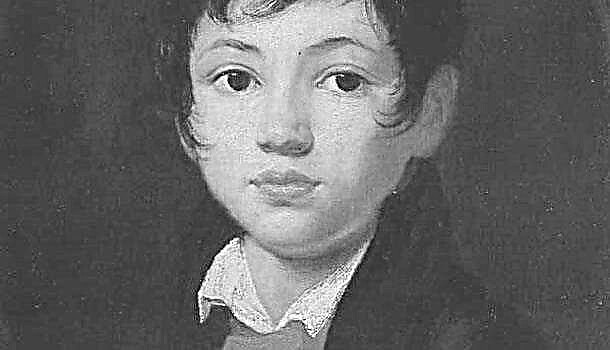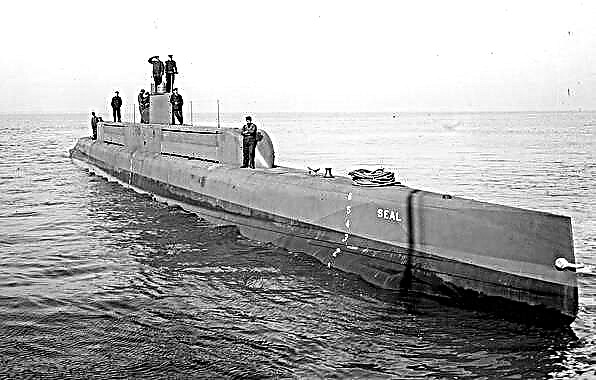The shortest content for the reader's diary and a review of the work is not an empty invention of the distraught teacher. Soon you all will face serious exams, where the accumulated literary knowledge will be very useful: the main events of the works and their interpretation.
(184 words) The poem begins with the question of the nephew to the uncle about the battle of Borodino, where he participated. He asks if Moscow should have been given to the enemy? The veteran begins his story, in which he emphasizes that at that time there were “heroes” and not “the present tribe”. He speaks of the heavy share that befell the soldiers, of how strong they were in spirit, burned with the desire to stand up for their homeland and would quickly enter the fray. It was hard for them to procrastinate, they reproached the generals for cowardice. And Moscow was surrendered by the will of God, and this event, as you know, contributed to the victory of Russia over France.
Then his uncle describes how they settled on a huge Borodino field. He loaded the gun. Two days there was a shootout between the Russians and the French. After the second day, the enemy rejoiced, but our soldiers waited for the third - the last day. The battle is described. Uncle recalls the deceased colonel, “the servant of the tsar, the father of the soldiers”: he urged the soldiers to die near Moscow, to keep the oath of allegiance. The narrator says that the descendants did not see such battles: piles of bodies prevented shells from flying. Our people were ready to give a new battle even after that, but the enemy retreated. And the old man notes that they would defend Moscow, but “God's will” decreed otherwise, and Kutuzov’s cunning maneuver was a success.
Review (175 words): The poem teaches us that you always need to know the rich history of your country and respect the people who fought and died for it. Descendants must remember the exploits of people who fought for the future of their homeland. After reading, there remains endless pride for the soldiers and deep sadness about their hard fate - this is my impression of the work. I really liked it. The poem is quite dynamic and it’s difficult to single out one fragment that I like, and yet I get goosebumps when the narrator recalls the colonel, or rather his words: “Guys! Isn't Moscow behind us? Die near Moscow, How our brothers were dying! ” To which all the soldiers make a promise to die. It shows how much they love their homeland, what courage they possess, that they are ready to stand up to it to the end. This is the main idea of the work: you need to be able to stand up for what is dear to you, even at the cost of life. Lermontov taught a moral lesson to his generation, which, in his opinion, was no longer capable of such sacrifices. The soul is filled with gratitude, which I want to express to the fighters. Therefore, the only thing we can do for them is not to forget their feat.
If you are missing something in the review, read the analysis of the work from the Literaguru team.

